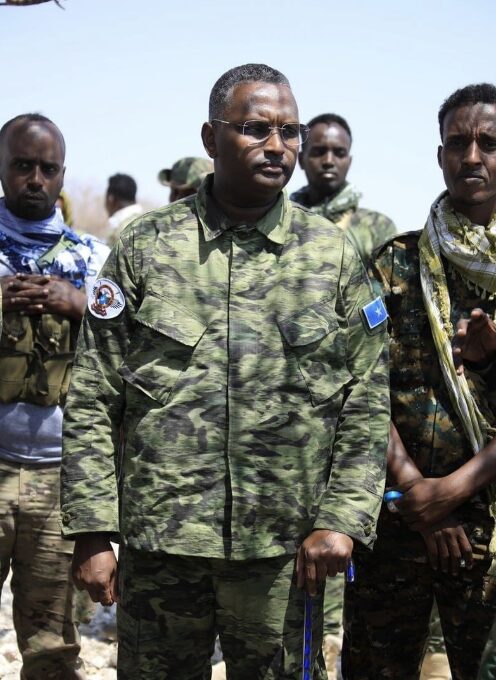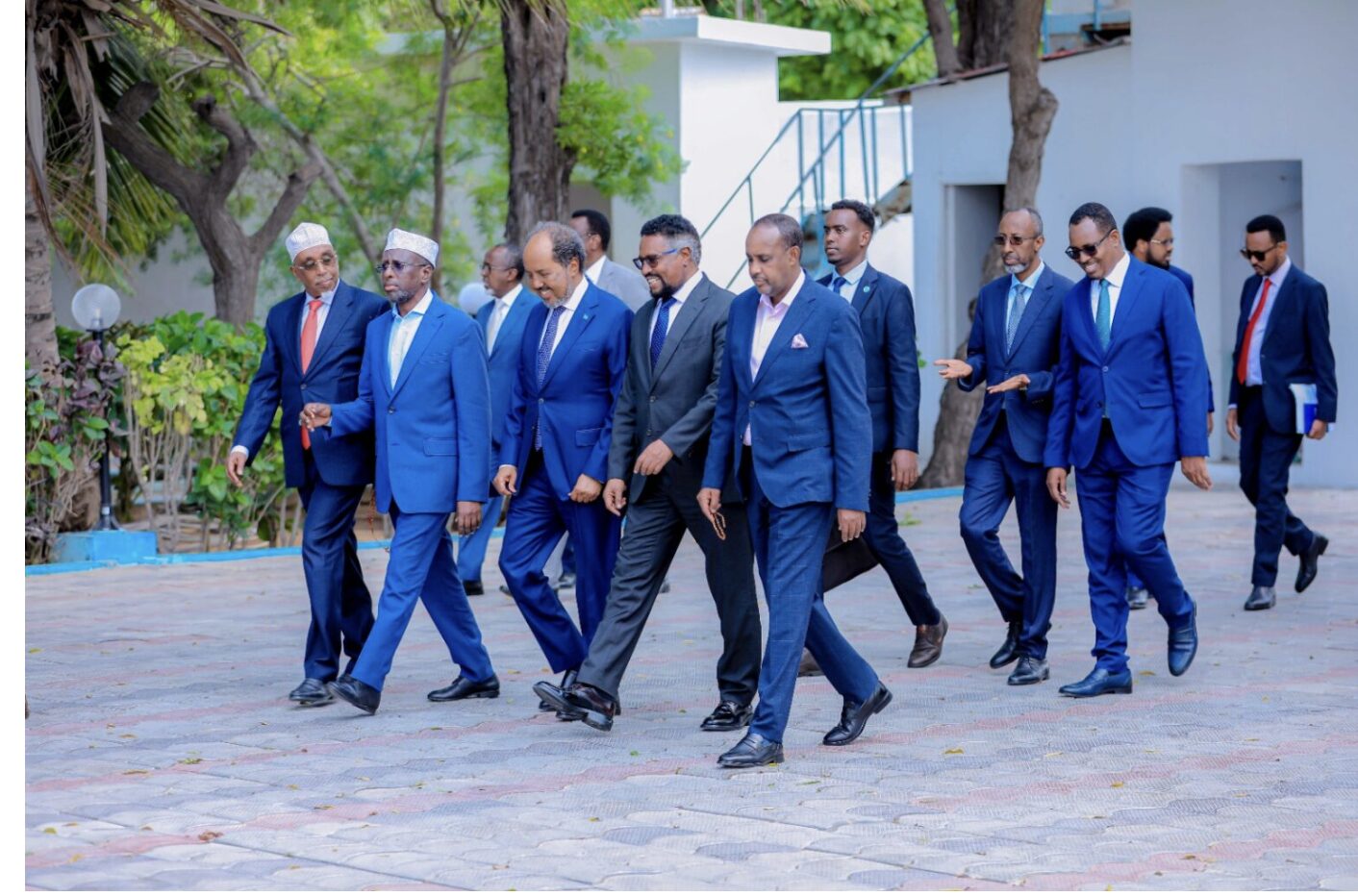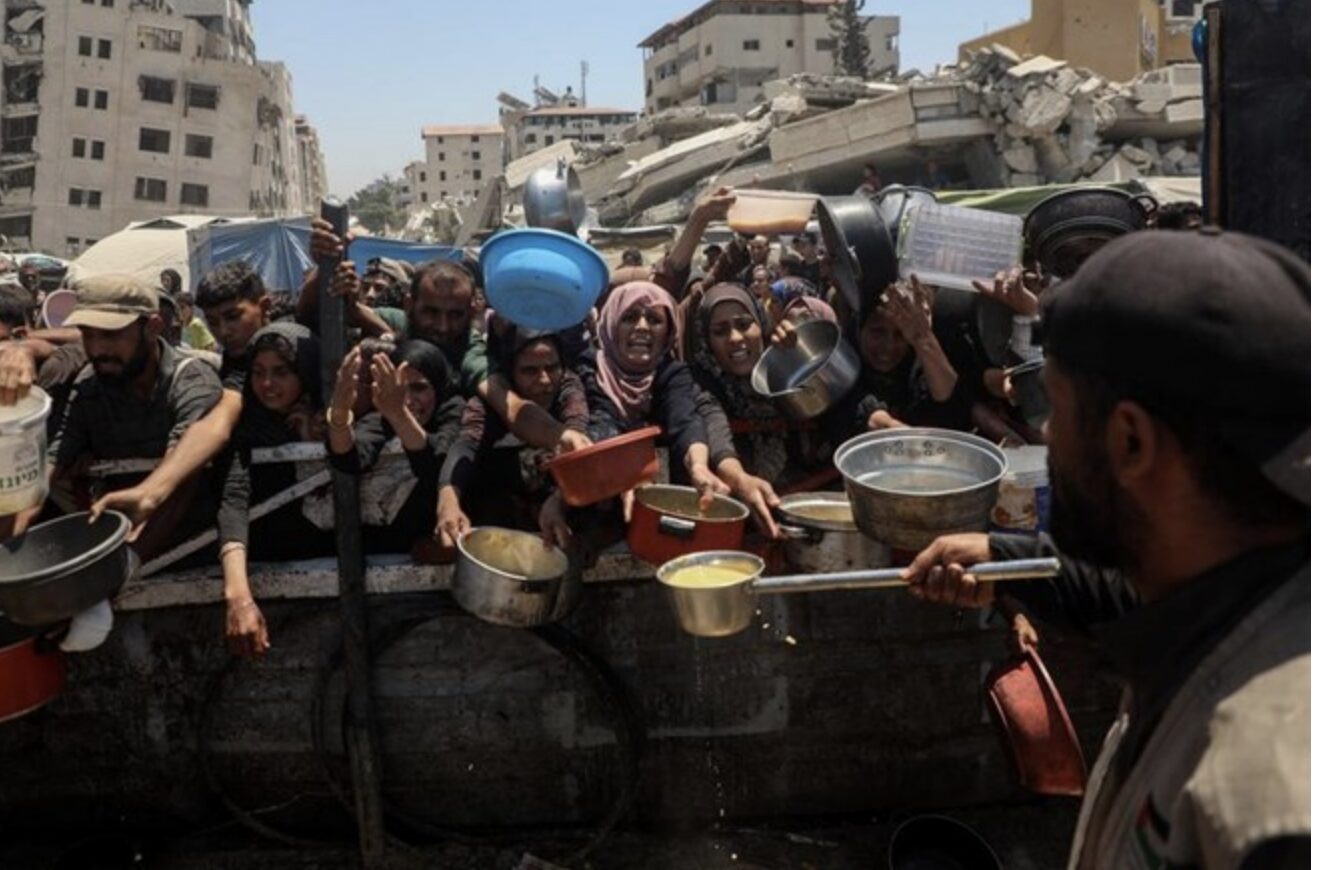Critics argue Reza Pahlavi’s monarchical ambitions and ties to Israel undermine his claims of advocating for democracy.

Hours before a ceasefire took effect between Israel and Iran on June 24, the son of Iran’s last shah, Reza Pahlavi, held a televised news conference in the French capital, Paris.
Dressed in a grey suit and blue tie with his hair combed back, the 64-year-old exiled (and self-styled) crown prince of the monarchy that Iranians overthrew in 1979 urged the United States not to give Iran’s government a “lifeline” by restarting diplomatic talks on its nuclear programme.
Pahlavi insisted that Iran’s Islamic Republic was collapsing. “This is our Berlin Wall moment,” he said, calling for ordinary Iranians to seize the opportunity afforded by Israel’s war and take to the streets, and for defections from the military and security forces.
But the mass protests Pahlavi encouraged never materialised.
Instead, many Iranians – including those opposed to the government – rallied around the flag in a moment of attack by a foreign force. It appears that Pahlavi, who said in his Paris speech that he was ready to replace Supreme Leader Ali Khamenei and lead Iranians down a “road of peace and democratic transition”, had misread the room.
While he was willing to align with Israel in achieving what he perceives to be the greater goal of overthrowing the Islamic Republic, the majority of his compatriots were not.
If anything, Pahlavi may have squandered the little support he once had by choosing not to condemn Israel’s heavy bombardment of Iran, which killed more than 935 people, including many civilians, said Trita Parsi, an expert on Iran and the author of Treacherous Alliance: The Secret Dealings of Israel, Iran and the United States. He has – in my estimation – destroyed much of the brand name [of the shah] … by going on TV and making excuses for Israel when it was targeting our apartment buildings and killing civilians,” he told Al Jazeera.
Pahlavi’s office did not respond to requests for comment from Al Jazeera. Generational appeal
The level of support for Pahlavi is disputed, but many experts doubt it is extensive. Still, what support he does have – particularly in the Iranian diaspora – often emanates from opposition to the Islamic Republic and nostalgia for the monarchy that predated it.
Yasmine*, a British-Iranian in her late 20s, said that members of her own family support Pahlavi for the symbolism of the pre-Islamic Republic era that he represents, as opposed to what he may actually stand for, adding that she believed that he lacked a clear political vision.
“He really symbolises what Iran was [a government that was secular and pro-West] prior to the Islamic Republic, and that’s what those who are asking for Reza Pahlavi want back,” she told Al Jazeera.
Her aunt, Yasna*, 64, left Iran just months before the 1979 revolution to attend university in the United Kingdom. While she supports Pahlavi for the reasons her niece mentioned, she also believes Iran will no longer be a pariah to the West if he returned to rule Iran.
“He’s somebody from my generation, and I have a clear memory of growing up in the days under the shah … he’s also so friendly with America, Europe and Israel, and we need somebody like that [in Iran],” Yasna said.
Analysts explained to Al Jazeera that the lack of a prominent alternative to Pahlavi – due to the Iranian government’s crackdown on political opposition – was part of Pahlavi’s appeal.
They also pointed out that support for Pahlavi is tied to the distorted memory that some have of his grandfather, Reza Khan, and his father, Mohammad Reza Pahlavi.
Reza Khan was widely credited with creating an ethno-centralised state that curtailed the power of the religious clergy and violently cracked down on opponents and minorities. That repression continued under Mohammad Reza Pahlavi.
However, Yasna speaks fondly of the Pahlavi family and hopes Reza Pahlavi can soon carve out his own legacy.
“Reza’s grandfather brought security to the country, and his father helped us move forward. I now think Reza can unite us again,” she said.
Advertisement









